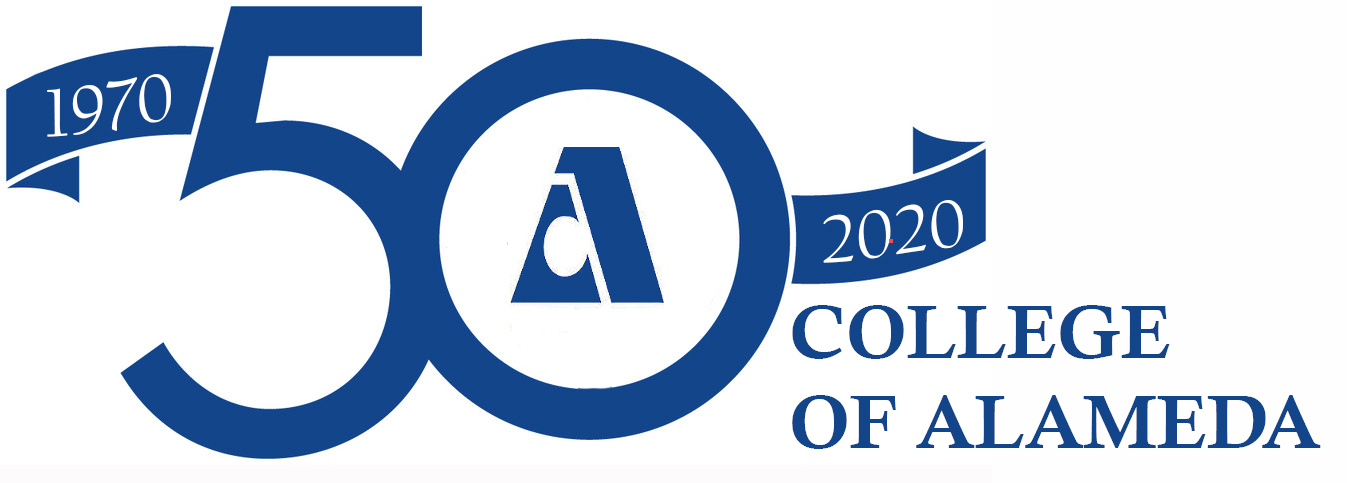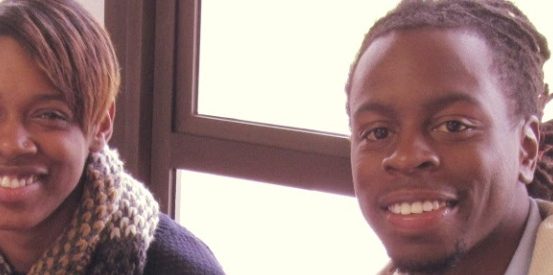Biology
Biology
Biology courses satisfy the physical and life sciences requirements for transfer into four-year colleges and universities in majors other than biology and health science, and they satisfy the natural science requirement for an AA degree. You may also take biology courses to meet continuing education requirements in the health professions, or for personal interest.
A biology major will prepare you to transfer into a four-year university program in biology or health science (nursing, pharmacy, physical therapy, physician’s assistant). If you already have a bachelor’s degree in another field, a biology major will provide you with the prerequisites for entry into professional schools of medicine or dentistry.
- Students demonstrate skills necessary to operate equipment used in biological disciplines, such as compound and dissecting microscopes, analytical balances, sphygmomanometers, and spectroscopes.
- Students understand and discuss different life forms based on their general knowledge of biological diversity and taxonomic relationships.
- Students apply an understanding of the scientific method to critical analyses of scientific and nonscientific explanations and hypotheses.
- Students are able to differentiate scientific hypotheses, derived through the scientific method, from explanations generated through nonscientific methods.
- Students are able to explain verbally or in writing, differences between 2 domains and differences between the different subgroups within the prokaryotes eukaryotes.
- BIOL 1A General Biology
- BIOL 1B General Biology
- CHEM 1A General Chemistry
- CHEM 1B General Chemistry
- PHYS 4A General Physics w/ Calculus
- PHYS 4B General Physics w/Calculus
Biologists take very diverse career paths. Some enter health fields like medicine, dentistry, nursing, physical therapy, and pharmacy. Others enter into research in environmental and conservation areas. Training in biology can also lead to careers in biotechnology and other fields of technology.



